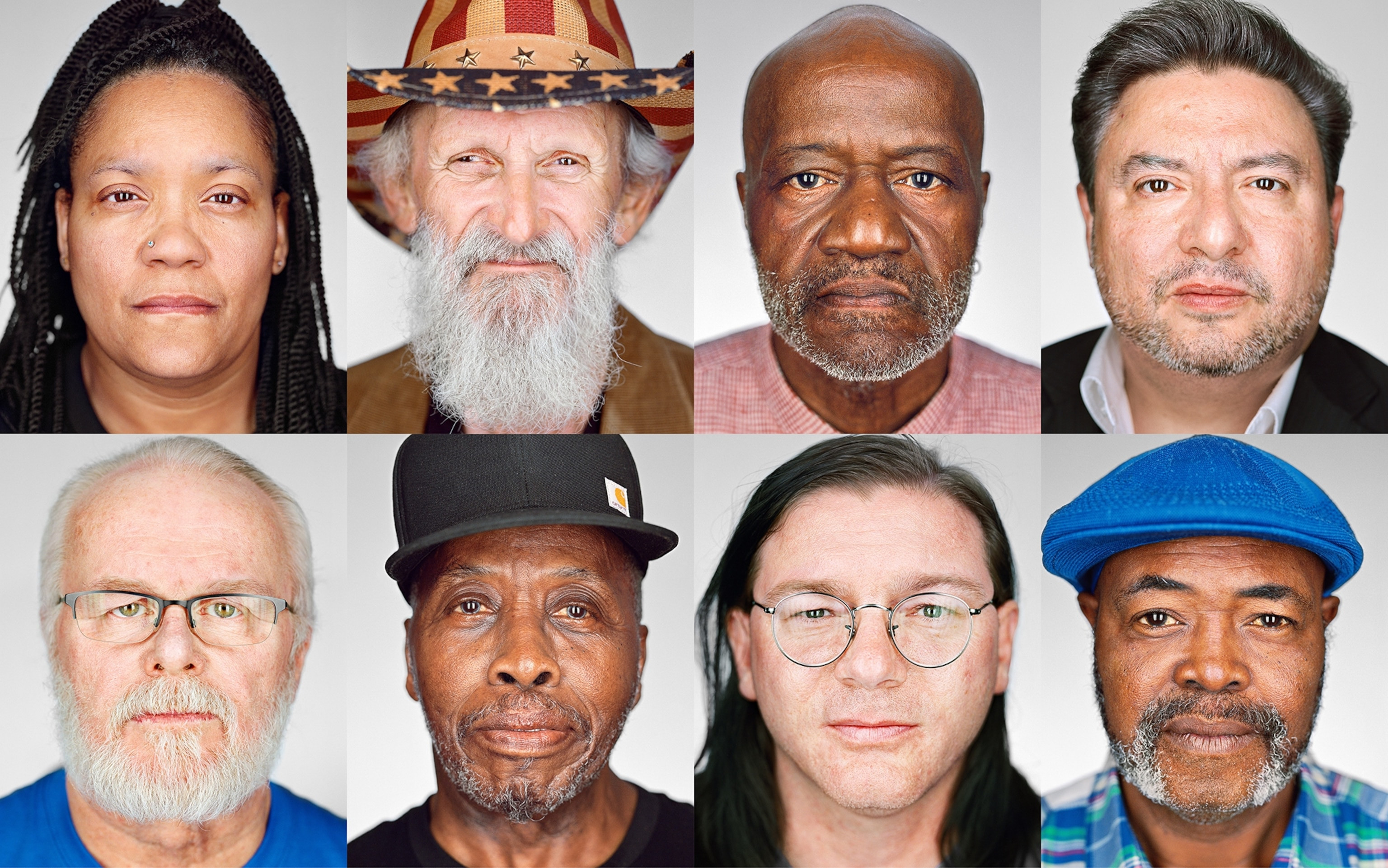The Power of Collective Action: Why We Naturally Help Each Other During Disasters
While researchers have long observed the cooperative nature of humans in times of crisis, it is often difficult to see these examples in the face of popular narratives depicting individuals acting out of self-preservation. The media has often fueled this narrative, with movies and stories portraying chaos and self-interest as the defining characteristics of a disaster. However, the truth, as seen in countless historical events and current research, suggests otherwise. Humans, it turns out, have a natural inclination towards collective action and cooperation in the face of adversity. This inherent characteristic, known as 'apocalypse resistance,' is deeply rooted in our evolutionary history and plays a crucial role in our ability to survive and thrive amidst a world facing constant change and challenges.
The Myth of Panic and Self-Preservation
Often, the images of people fighting for survival, scrambling for resources, and turning on each other, are what we associate with disaster scenarios. However, real-world events reveal a different truth. During the September 11 attacks, for instance, while countless stories of bravery and compassion emerged, there was a stark absence of widespread panic or selfish behavior. Thousands of people, facing unimaginable circumstances, united to help each other, offering support, providing aid, and demonstrating extraordinary resilience. This 'catastrophe compassion' is a testament to the innate human tendency towards cooperation in the face of adversity.
Understanding Apocalypse Resistance
Athena Aktipis, an associate professor of psychology at Arizona State University, describes the concept of 'apocalypse resistance' in her book “A Field Guide to the Apocalypse: A Mostly Serious Guide to Surviving Our Wild Times.” She highlights that humans have evolved to respond to crises with a remarkable level of cooperation. This evolutionary adaptation allows us to pool our resources, share knowledge, and leverage collective strength to overcome obstacles.
The Importance of Building a Z-Team
Aktipis argues that preparing for disasters involves not only acquiring survival skills and knowledge but also building a network of trust and support. She recommends forming a “Z-team” of individuals who can be relied upon in times of crisis. This team is composed of people who possess valuable skills, share similar values, and are committed to supporting one another.
The process of building a Z-team involves identifying those you trust implicitly, those who can handle challenges effectively, and those who would be there for you during a stressful event. It is not about finding a group of ‘superheroes’ but rather, assembling individuals with diverse skills, perspectives, and strengths. The process also entails nurturing these relationships, building connections that will strengthen your ability to face any adversity together.
The Benefits of Collective Action: Beyond Disaster Preparedness
While the concept of apocalypse resistance may conjure images of zombies and survival scenarios, the principles it embodies are relevant to navigating the complexities of everyday life. Aktipis suggests that building relationships and a sense of community can provide a buffer against risk, whether those risks are apocalyptic or simply everyday challenges.
The power of collective action extends beyond disaster preparedness and can foster a more resilient and fulfilling life. Cultivating social connections, nurturing relationships, and engaging in collaborative activities contribute to a sense of belonging, purpose, and wellbeing.
The Role of Communication, Cooperation, and Community
The core elements of apocalypse resistance, communication, cooperation, and community, are vital not only for facing extraordinary challenges but also for creating a more just and sustainable world. By embracing these principles, we can empower ourselves to address societal issues, create solutions for environmental challenges, and build a world where every individual feels supported and valued.
Embracing the Future: A Call to Action
While the challenges we face may seem daunting, it is important to remember that human beings possess an extraordinary capacity for innovation, resilience, and collaboration. We have the potential to build a future where we are prepared for the unexpected, where we work together to address global challenges, and where we create a world that is more equitable and just for all.
By acknowledging the power of collective action, the benefits of building strong social networks, and the importance of communication and cooperation, we can harness the power of human resilience to navigate the future with confidence and hope.
As Aktipis aptly puts it, “deep down, all of us want to save the world,” and collaboration is the time-tested prime directive.
















